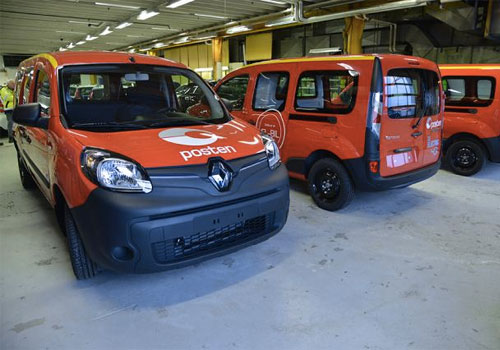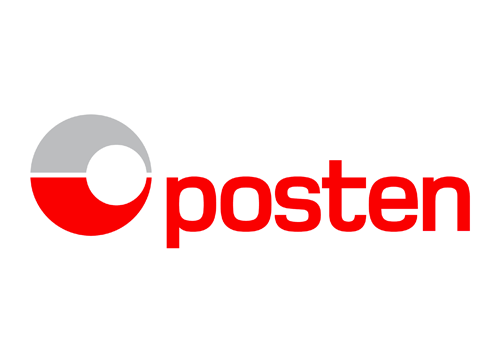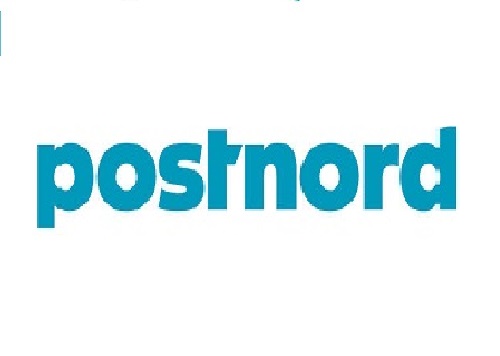
Norway Post to appeal Schenker judgement
Norway Post said it disagrees with the EFTA Surveillance Authority (ESA) decision that the company has excluded Schenker, an international logistics company, from the Norwegian market. Norway Post believes this decision is wrong and that the issue is too important to remain unchallenged. For this reason, the ESA decision is to be appealed against to the EFTA Court.
The Post-in-Shop concept has been a success for Norway Post’s customers, the Norwegian society at large and Norway Post itself. With around 1,200 Post-in-Shops throughout the country, Norway Post has come closer to its customers and given Norwegian consumers improved accessibility and service.
“In 2000, Norway Post’s Post-in-Shop concept was new and pioneering. Converting parts of the traditional post office network into Post-in-Shops in cooperation with commercial players was a formidable task, especially because the conversion was not to have any effect on the obligations imposed on Norway Post by the Norwegian parliament (Stortinget). While rolling out a new sales network nationwide through 1,200 new Post-in-Shops, Norway Post was to maintain and safeguard the satisfactory range of services that the country’s inhabitants were used to at the post offices. Delivering parcels, which is the core of the ESA case, was only one element of this,” said Dag Mejdell, the CEO of Norway Post.
Good agreements with professional third parties that could help to develop and establish the Post-in-Shops were one of the prerequisites for the successful conversion. Before rolling out the first Post-in-Shops in 2001, Norway Post therefore entered into agreements with three grocery chains – NorgesGruppen, COOP and ICA. It is clauses in these agreements that ESA believes infringe the competition regulations.
There were more than 30,000 possible parcel delivery sites in Norway, and Norway Post had Post-in-Shop agreements with less than 5% of these. A number of shop chains, including most of those with which Norway Post had an agreement with, and more than 10,000 individual shops were available to Schenker and any others that wanted to compete with Norway Post.
In 2002, Schenker reported Norway Post to ESA, claiming that the company had been excluded from Norwegian shops as a result of Norway Post’s agreements with NorgesGruppen, ICA and Coop. Instead of developing its own parcel delivery network and starting to compete openly with Norway Post, Schenker has spent time and effort trying to win outside the competition arena – in the court system.
The ESA decision relates to an old issue and the disputed exclusivity clauses were removed from Norway Post’s Post-in-Shop agreements four years ago. After discussing the issue for eight years, ESA reached this unexpected decision this summer. For the first time in its history, ESA has fined a Norwegian company for infringing the competition rules. If ESA believed that Norway Post’s exclusivity clause was such a serious impediment to other players becoming established in the Norwegian market, it should have reacted many years ago.
Norway Post believes that ESA’s decision is wrong.
“Norway Post’s agreements with the shops did not have the effect of restricting competition and Norway Post disagrees with ESA as regards both the application of the law and whether ESA has met its burden of proof in this case. There is all reason to have this decision reviewed by the EFTA Court. The case is too serious to remain unchallenged,” said Mejdell.
“With such a fine hanging over us, many people will probably believe that Norway Post has been unfair to its competitor Schenker. Norway Post has never intended to exclude any party from any of the markets we operate in. We do not believe that we have done so either but the final assessment of this issue is now being left up to the EFTA Court.
“Norway Post is fully aware of its position and responsibilities in the Norwegian market. Although we still have the sole right to deliver letters under 50 grams, 90 per cent of Norway Post’s activities are subject to intense competition. We act honestly and properly in the markets in which we operate. Being accused of abusing our market power and restricting competition conflicts with our values and what we want to stand for. For this reason, too, it is important to Norway Post to have the ESA decision set aside,” Mejdell concluded.













